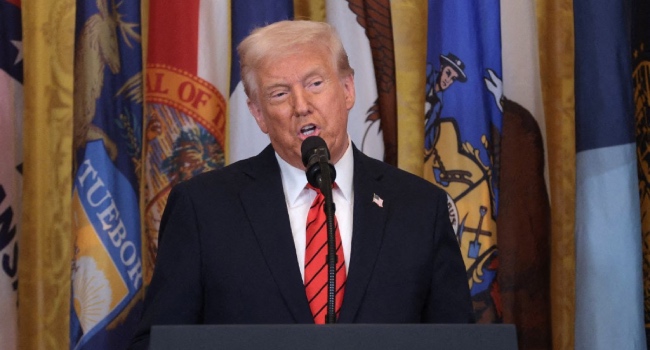
US President Donald Trump has signed a new executive order requiring proof of citizenship for voter registration, a move that has drawn swift criticism from legal experts and rights groups who argue it could disenfranchise millions of Americans.
Announced on Tuesday, the order mandates that voters present official documents, such as passports, to verify their citizenship when registering to vote. States that fail to comply with the directive risk losing federal election funding.
During the signing at the White House, Trump reiterated his long-standing claims of election fraud, stating, “We’ve got to straighten out our election. This country is so sick because of the election, the fake elections. And we’re going to straighten it out, one way or the other.”
Critics, however, view the order as an overreach of executive power. Richard Hasen, a law professor at the University of California, Los Angeles, described it as “a dangerous executive power grab” that could prevent eligible voters from participating in elections. The Brennan Center for Justice warned that it “would block tens of millions of American citizens from voting.”
The American Civil Liberties Union (ACLU) condemned the order as “an extreme abuse of power” and vowed to challenge it in court. “We’ll see him in court,” the organization said in a statement.
Voting by non-citizens in U.S. federal elections has been illegal for decades, with penalties including fines, imprisonment, and deportation. However, Trump’s order now places stricter federal oversight on how states conduct elections, particularly regarding absentee and mail-in ballots.
The executive order grants the U.S. Attorney General the authority to take legal action against states that count absentee ballots arriving after Election Day, a common practice in several states as long as ballots are postmarked before polls close.
With legal challenges imminent, the order is set to spark a heated political and legal battle in the months ahead.








